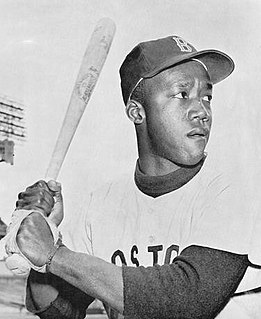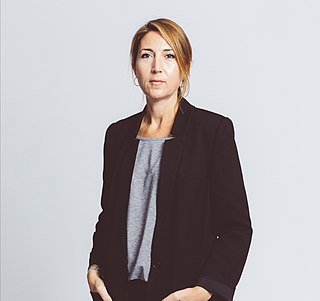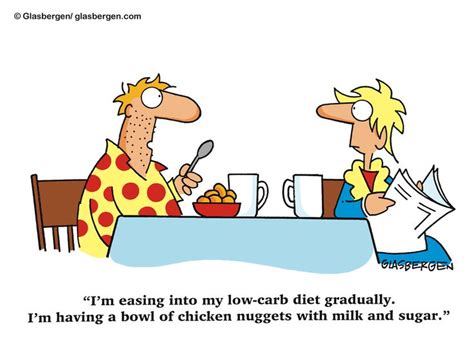A Quote by Kami Garcia
Here’s the million-dollar question: how are you going to write this book if you’re afraid to start writing? Give your friend Doubt a name, and then block his calls.
Related Quotes
Start dating someone who is funny, someone who has what in high school you called a "really great sense of humor" and what now your creative writing class calls "self-contempt giving rise to comic form." Write down all of his jokes, but don't tell him you are doing this. Make up anagrams of his old girlfriend's name and name all of your socially handicapped characters with them. Tell him his old girlfriend is in all of your stories and then watch how funny he can be, see what a really great sense of humor he can have.
Question the Chestnuts. Chestnuts: the new name for boobs? No. NO. Why would you even say that? Get your mind out of the gutter. No, by "chestnuts" I mean, "those old pieces of writing advice that you hear as common refrain." 'Write what you know.' 'Adverbs give Baby Jesus hemorrhoids.' 'If you write a prologue, an orphan loses his sight.' All the "old saws" need to be put on the chopping block.
I was asked in an interview once: You're writing another book with a female lead? Aren't you afraid you're going to be pigeonholed? And I thought, I write a team superhero book, an uplifting solo hero book, I write a horror-western, and I write a ghost story. What am I gonna be pigeonholed as? Has a man in the history of men ever been asked if he was going to be pigeonholed because he wrote two consecutive books with male leads?
What you hear in focus groups and conversations, people will give you 20 minutes of rage about how the borders are out of control. But then you start saying, practically, what are we going to do about it? What are we going to do about the 11 million here? What are we going to do to get some workers we need for the farms? Then people start having a normal conversation.
Generally I start writing when I have even the smallest idea of how a book is going to go, because the physical process of writing itself keeps the mind active and focused on the job at hand. Usually I write in about 5 drafts, but that simply means there are 5 definite times when I go in a linear fashion from the beginning to the end of the book.
I always knew from the beginning that this was the only way to write Then We Came To The End - that it had to be in first - person plural if it was going to illustrate how the individual becomes part of the collective. I had no interest in writing the book in a more conventional voice. It goes back to that fascination I had with telling a story in multiple ways. It was the only choice I gave myself, really - I said "This is it, pal. If you can't tell a story this way, you're going to have to abandon the book. Write it this way or give up."
You have to surrender to your mediocrity, and just write. Because it's hard, really hard, to write even a crappy book. But it's better to write a book that kind of sucks rather than no book at all, as you wait around to magically become Faulkner. No one is going to write your book for you and you can't write anybody's book but your own.
In 2011, I announced that I was going to retire, and my agent panicked. So she says: 'No, no, no. You have to write a book with your husband.' My husband is a writer of crime novels. His name is William Gordon. And so I had to accommodate to his style because that's what he writes. So we decided we'd give it a try. Well, we almost divorced.
Well, first you have to love writing. A lot of authors love having written. But I enjoy the actual writing. Beside that, I think the main reason I can be so prolific is the huge amount of planning I do before I start to write. I do a very complete, chapter-by-chapter outline of every book I write. When I sit down to write, I already know everything that's going to happen in the book. This means I've done all the important thinking, and I can relax and enjoy the writing. I could never write so many books if I didn't outline them first.






































